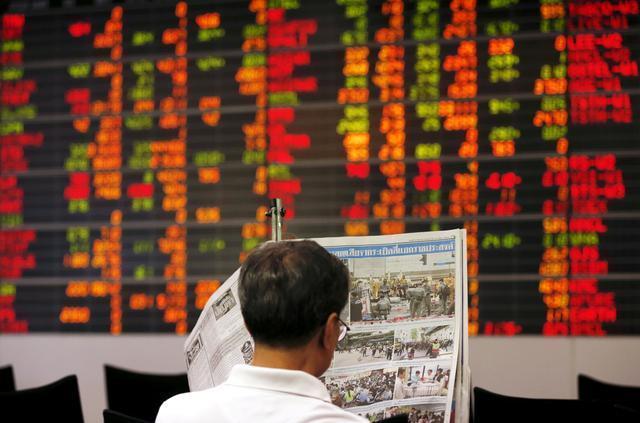While we approach the weekend, TRY devaluation is still among the most critical agenda items of the country. USD/TRY, which tested 13.18, decreased by over 3% and fell to 12.30 before it exceeded 12.60 again yesterday. USD/TRY is traded at 12.10 this morning.
Following the sharp depreciation in TRY, forecasts on the country has started to differentiate. Goldman Sachs, which expects a possible interest rate hike in the second quarter of 2022, has revised its policy rate increase forecast by 600 basis points from 14% to 20%.
On the other hand, Societe Generale strategists emphasized hyperinflation for Turkey in a report. People may withdraw their assets from banks, stability may deteriorate in the financial markets, and TRY devaluation may lead to a hyperinflation period, according to the report.
USD/TRY will continue to move towards 14.00 unless the CB raises the interest rate, according to Credit Suisse. “The interest rate should be raised at least to around the annual inflation level for USD/TRY to stabilize. This is at least a 500-basis point hike. To reverse the trend in USD/TRY, the policy rate is most likely to be increased more aggressively. USD/TRY may reach 14.00 levels if the policy rate isn’t increased. A major interest rate hike brings USD/TRY to around 11.00,” the institution said.
The CB Governor Sahap Kavcioglu, Banking Regulation and Supervision Agency (BDDK) Chairman Mehmet Ali Akben, the Banks Association of Turkey (TBB) Chairman Alpaslan Cakar, and general managers of banks convene today to asses the situation.
DAILY AGENDA
The Central Bank will release the summary of the Monetary Policy Committee (PPK) meeting held on November 18 (2.00 pm).
The Central Bank and the Banking Regulation and Supervision Agency (BDDK) will release weekly money and banking statistics (2.30 pm).
The Parliament’s Planning and Budget Commission will discuss the 2022 budget of the Ministry of Health.
READ SELECTED ARTICLE FROM OUR PRINT MAGAZINE:
Recent plans put forth by Joseph Borrell, the European Union (EU) foreign minister, calling for the development of a 5000-strong, rapid-deployment European defense force, is another indicator of the Union’s aspirations to develop military capabilities and to be a powerful autonomous actor in the security domain. The EU is an economic giant but it is a security dwarf…









